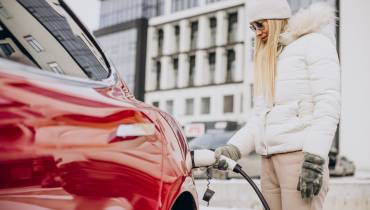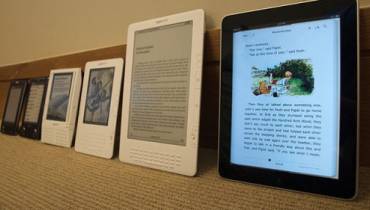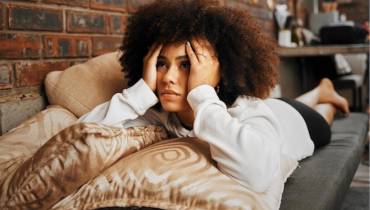9 Tips for Travelling in The Times of Coronavirus

Countries are gradually relaxing lockdown rules across the globe, albeit with strict restrictions. Domestic and international travel is consequently slowly gathering pace.
People are getting ready to embrace the outside world and shake off the accumulated boredom occasioned by being confined at home and to the digital life for months.
That said, traveling needs care and responsibility during this COVID-19 pandemic. Hand sanitizers and masks are the new companions, even if stepping out for buying groceries. Travel companies are now incorporating travel advisories as prescribed by regulatory authorities.
As you probably already know, traveling greatly benefits our mental and physical health. However, the key to traveling benefits in COVID-19 times lies in staying safe and responsible.
But how can you ensure that your travels are safe, responsible and memorable, without bringing home viruses and exposing those back home to COVID-19? Can people even practically maintain social distancing during trips to prevent coronavirus spread on all occasions?
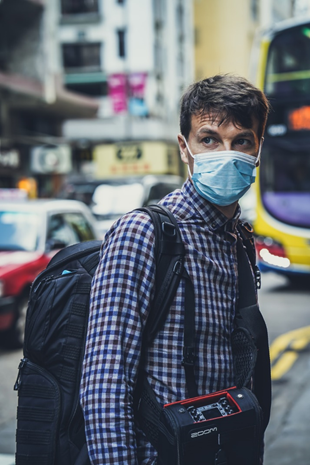
Yes, it’s possible to have safe and memorable travels and prevent coronavirus spread. Here are some tips to follow for travelers in this COVID-19 period:
1. Explore safe travel options
Experts say flying can be the safest bet in these corona times. Airplanes can be less infectious, and WHO also confirms the same. Ventilation systems in airplanes circulate the air around 30 times per hour. This air is further purified by HEPA (high-efficiency particulate air) filters in similar lines with hygiene practices adopted in hospitals in high sanitized zones.
Sanitizing is the new hygiene norm, and airports stepped up their efforts to minimize the risk of the spread of infection. Airports are fogging every commonplace as per WHO guidelines. Wearing masks and face coverings is a mandate in all airports now. Plastic sheets are installed as separators between airline staff and travelers at queues and checking points to reduce the risk.
Traveling in your car with all essentials packed on the car roof racks can be another safe idea. Minimal exposure to strangers and reduced contact with commonplaces makes it a safer option of travel.
2. Get accustomed to the new norms
Wearing masks and face shields is the new norm. Get used to it the minute you step out of the house. If you spot any stranger without wearing a mask and moving too close to you, ask if they can wear a mask or stay away as per social distancing norms.
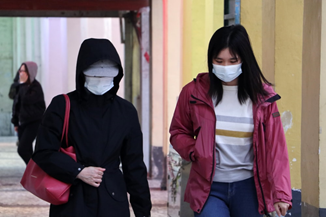
As the safest measure, the best thing can be to move away from them. Respect others' needs for the same and maintain a minimum of six feet distance while communicating with others.
3. Pump up sanitizer volume in the backpack
Airlines are providing wipes and sanitizers to travelers. Many airlines also raised the level of carriable sanitizer volume from 3.4 ounces to 12 ounces. Pack good sanitizer with more than 60% alcohol in as per the updated travel guidelines of airports.
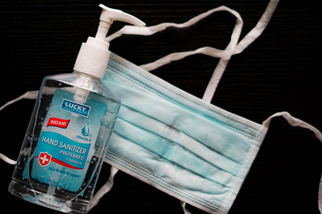
Washing hands can be the ultimate hygiene option and rely on sanitizer when this soap and water are not approachable.
4. Beware of common surfaces
Some airlines are leaving middle seats empty as per social distancing protocols, but do not expect the same in all airlines. The chance of infection while flying may occur from the fellow passengers – either through direct contact or through touching the common areas such as knobs, door handles and seat rests.
The same is applicable while refueling at a petrol pump or relieving yourself during a long drive in a car at common restrooms. Practice similar care when purchasing food or snacks and other things at shops. ATMs also can be a haven for viruses. Beware and carry extra cash before starting the journey to avoid trips to the ATM.
Stay cautious all the time when coming across any common surface. Avoid touching eyes, mouth, or nose. Make it a practice to sanitize your phone and hands as often as possible.
Carry an international driving license. Rent a bike or car in the place of travel to avoid getting in touch with common areas while moving around the place.
5. Carry COVID-negative proof
Undergoing a test for COVID after arrival is a must in many countries. Keep in mind that there are airlines and countries which even insist on a certificate showing COVID-19 negative. Check this at prior with the rules of the country of travel and airline chosen.
6. Double-check safety at hotel rooms
Before booking a hotel for stay, check their website if they are implementing COVID safety measures. Do not hesitate to ask all doubts related to safety with the receptionist if the booking is done over the phone.
Most hotels are now using plexiglass at reception and sanitizing the rooms as soon as the previous occupants check out. Hotelkeeping and restaurant staff are also wearing face shields and masks.
7. Ensure food safety
Food can be exposed to various factors while on travel. Most airlines cut the food on flight options post-corona. Be wary of animal-based food and consume it only after you are satisfied that it went through quality checks. Eat fresh, hot, and well-cooked food. Avoid raw foods and food exposed for a long time.
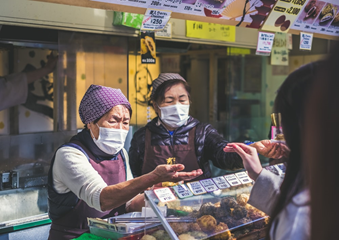
Opt for bottled water and avoid water from public places and regular water in restaurants. If driving in a car to the place of travel, carrying as much water as possible, ready to eat foods and a portable cooking setup can be the safest option to avoid food contamination.
Choose room service for consuming your meals to avoid common spaces at dining.
8. Be safe at public places and crowds
Avoiding crowds is not always possible during travel. At places such as exhibitions, parks, ticket counters, entry and exit gates, beaches, cover your face fully, wear gloves, and remember not to touch your face (eyes, nose, and mouth). If possible, stay away from crowds and enjoy the place from a distance afar.
Carry your own essentials such as masks, sanitizer, wipes, sunscreen, mobile charger, towels, and blankets, etc. to avoid sharing them with others. Place your mobile in your pocket or backpack instead of holding it in hand. Do wipe and sanitize cameras, Goggles, phones, etc. frequently.
Forget elevators for now. Use the stairs instead of the lift.
There is no evidence that the virus spreads through the water at swimming pools. However, practice social distancing at pools.
Avoid touching common areas, using restrooms, and dress changing areas. Get a hot bath with soap as soon as you reach your room. Do the same before stepping into the pool.
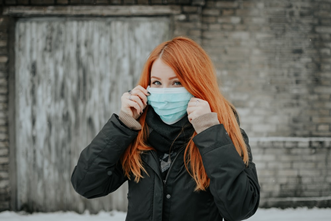
9. Knowledge is the best friend/weapon
Travel safety begins at home. Get to know about precautions suggested by the Centers for Disease Control and Prevention (CDC) and the World Health Organization (WHO) and practice them responsibly.
Follow all restrictions and quarantine regulations before starting travel. Check and adhere to the local state rules. Surprises can be sweet, but not in this corona season. Stay up to date with news when traveling to another country for travel.
Many countries test for temperature as a mandated measure. Stay at home in case of any symptoms of cold and fever—practice self-care at your destination and throughout the journey. Take a flu shot before embarking on travel. It can be a foolproof method to stay immune from common cold and flu.
Conclusion
Prevention is better than cure. This holds in the current COVID era. Being responsible and preventing the coronavirus spread and exposure can mean a lot for everyone.
We are still far-away from enjoying life as it was before coronavirus, at least until the world gets COVID vaccine. Accept this and implement the aforementioned self-travel measures diligently.
Happy and safe traveling!







